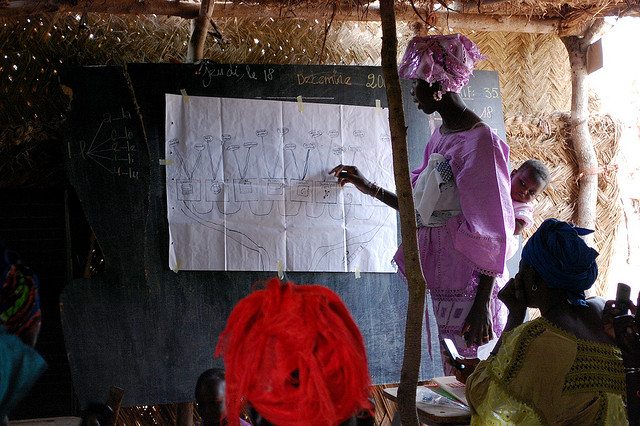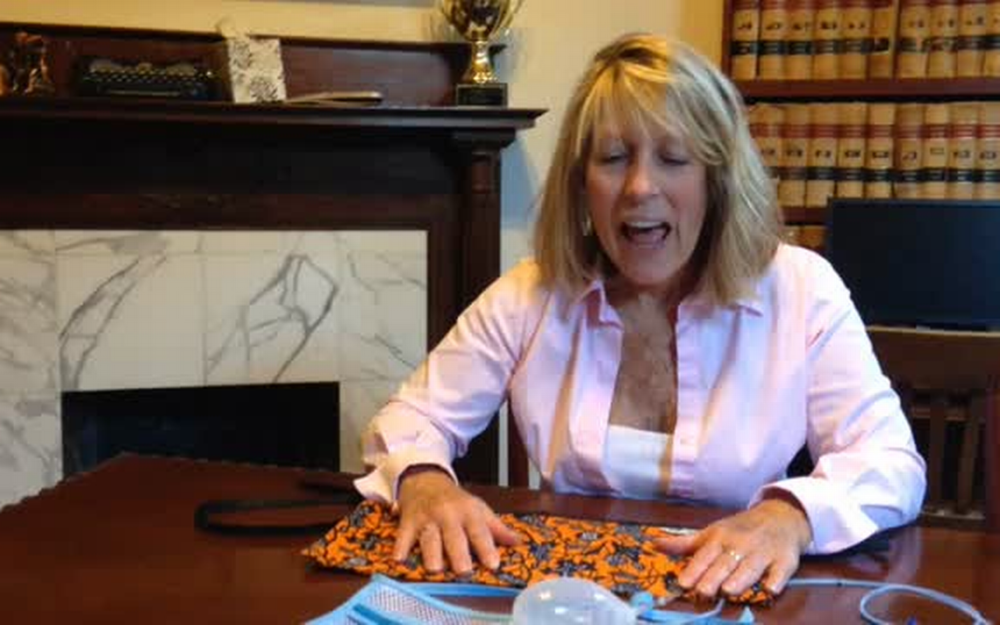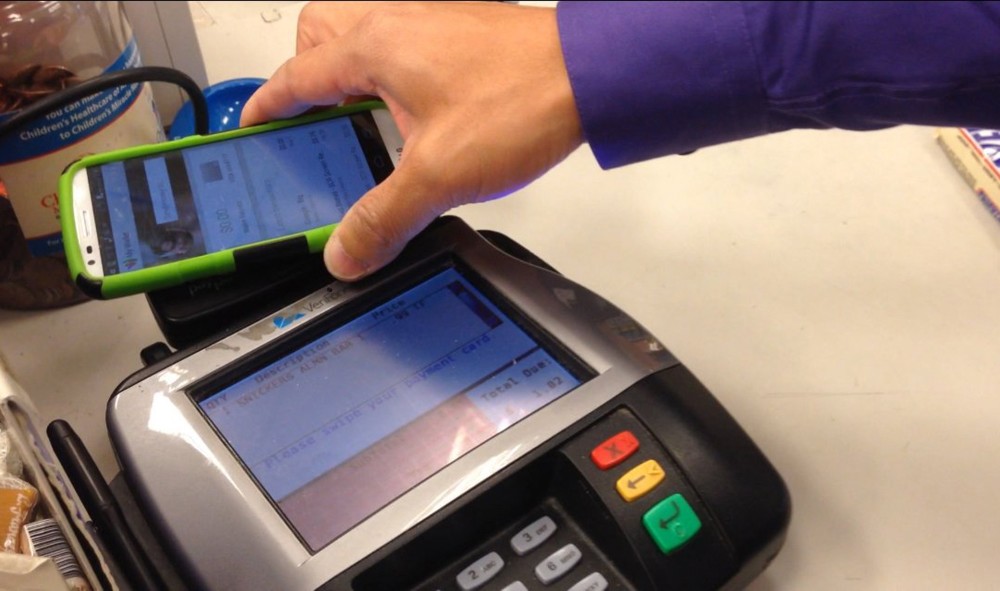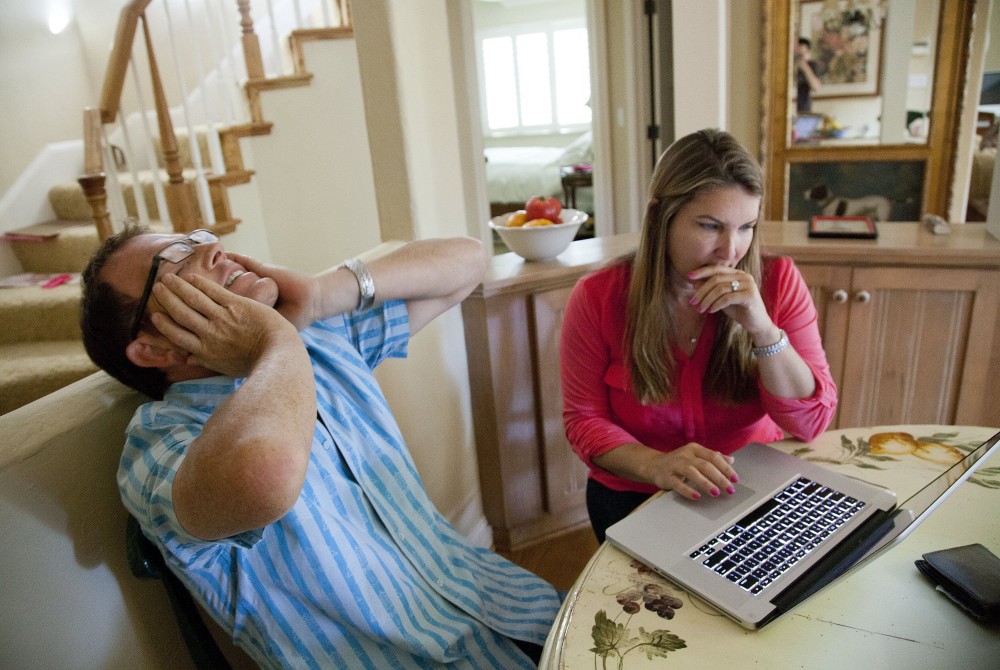By Haseeb Haider
Khaleej Times, Dubai, United Arab Emirates.
Women in particular are a key market in rural areas and their influence exceeds the family circle.
The Etisalat Group’s subsidiaries in Togo and Benin have launched a programme called “Weena”, which is hugely benefiting women in villages who are using mobile telephony as a platform to not only communicate but also network and to do businesses.
Mobile operators aim to reach rural women in emerging markets through innovative business models.
Weena was developed by the Etisalat Group and launched by its Moov affiliates in November 2013.
Even though rapid urbanisation is a reality in the developing world, 63 per cent of the population in Sub-Saharan Africa still lives in rural areas and represents a vast market for mobile operators.
Togo and Benin, with 62 per cent and 54 per cent rural population, respectively, are no exceptions.
Women in particular are a key market in rural areas and their influence exceeds the family circle. Their contribution to the economy is usually substantive.
The Etisalat Group, through its Moov subsidiaries, aims to tap into the potential of this segment and increase the subscriber base of rural women through the Weena programme.
Weena is an entrepreneurship and financial autonomy initiative focused on African women in Benin and Togo with support from the GSMA mWomen Global Development Alliance.
Etisalat is the first operator in Africa to develop a holistic and integrated initiative for low-income women.
This initiative is spreading the benefits of mobile technology, raising living and encouraging commerce all at the same time.
GSMA mWomen aims to increase women’s access to mobile services in developing markets, targeting “resource-poor” individuals who may experience low income, low empowerment, limited access to education or social isolation due to limited mobility or remote locations.
In order to reach traditionally underserved women, Weena uses a distribution mechanism of female “Weena agents”, often the most influential women within the villages, who are given point-of-sale materials and trained to service other women within their own communities.
Through analysis of consumption and recharge patterns of female users in rural areas, etisalat has designed a specific offer to better meet their needs, including preferential rates within their community and loyalty scheme encouraging mobile money use through bonuses.
The training covers not only basic mobile products, but also more advanced services, such as mobile money, while the Weena agents are provided with an additional source of revenue through a commissioning scheme, complemented with a micro-loan to start their activities.
The core components of etisalat’s value proposition for rural women include developing an appropriate tariff plan, loyalty mechanism, value-added service, distribution mechanism, customer education and communication, and social activities.
The Etisalat Group’s Weena programme exhibits all these characteristics, and tailored it according to the unique needs of rural women.

















































































































































































































































































































































































